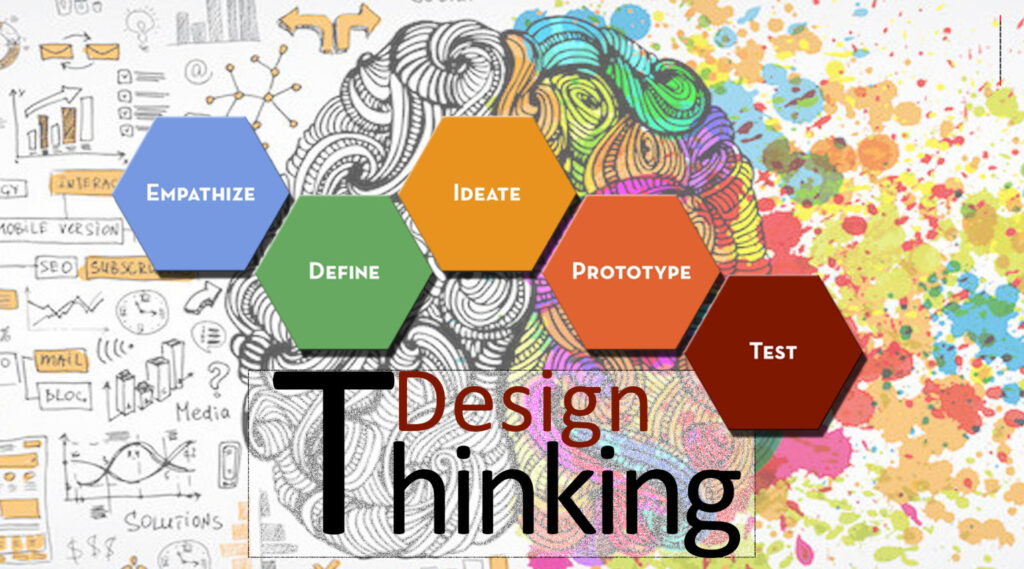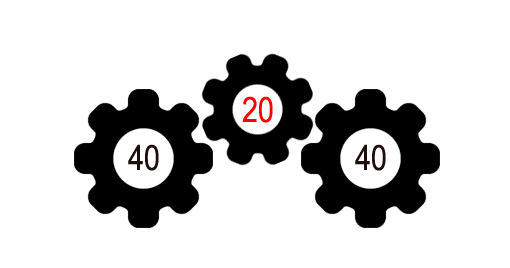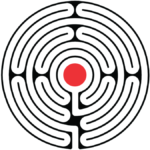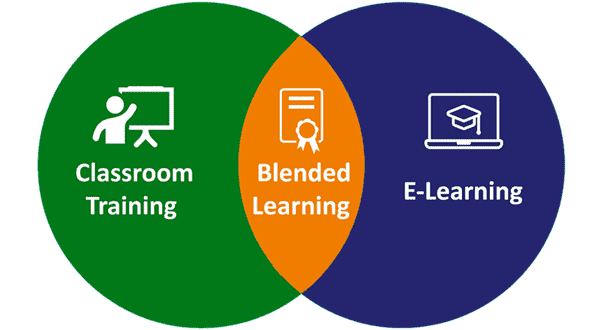DESIGN THINKING

PURPOSE
” Whats all the Buzz about this Design Thinking? Can Design Thinking really deliver on all that it promises to be? Is it just old wine in a new bottle? When we first got wiff of this programme we admit, filled with cynicisim, we asked these critical questions – but as we got to understand it more we are now in awe of its potential. We tested it on our selves and were amazed at the new direction we were able to chalk out. We have now designed 2 programmes: Orientation on Design Thinking, Design Thinking Practitioner Certification
METHODOLOGY

40 Pre | 20 Training | 40 Post
For us, learning is not an event, and we live this belief, through our design principle of 40:20:40

Guided Discovery Method (GDM)
We use proven and tested adult learning techniques that provides an immersive experience for the delegates.

Blended Learning
We offer a range of learning formats including: Customised Training Programmes | Digital Learning | Executive Coaching
TRAINING FORMATS

Programme Duration: 4 to 32 hours

Programme Duration: 2 to 32 hours

Programme Duration: 75 mins
Audience Profile: Mid Managers / Leadership
Trainer Profile: Senior Associate Master Trainer / Master Trainer / Course Director
Pre Training (40%)
STEPS
L1 – Need Analysis
Our focus is to understand the impact matrix of the programme. We meet with the leaders to gain their perspective.
Pre & Post
Reads
To maximise the training impact, we send contextualised content in a digital format making it easy for the delegates to absorb.
Psychometric Assessment Tool (PAT)
We could also run a PAT which would help us personalise the programme for each delegate based on their communication and leadership styles.
Pre-assessment
We also conduct Assessment to map the participants behaviour, skills and communication in difficult situations.
Training (20%)
KEY TOPICS
Post Training (40%)
LEARNING APPLICATION TOOLS
Start Stop Continue (SSC)
After the programme we get the delegates to fill out an SSC form, this helps them focus on one learning objective and usually is the basis of the post-training plan.
Coaching
We conduct individual or focused group sessions where the delegates can focus on how they can leverage their strengths to be more effective in a given situation.
Recognition Emails™
To motivate participants, we often send out personalised recognition emails acknowledging and thanking them for their contribution in the programme.
Practice Tasks
Practice tasks allow the delegates to hone their skills in a safe and private environment.
Retention Tools
To help remember all of the content shared, we create retention tools that carry a synopsis of the key topics. These can later be printed and placed at their workstations.
